The Importance of Priming Your Face Before Makeup | |
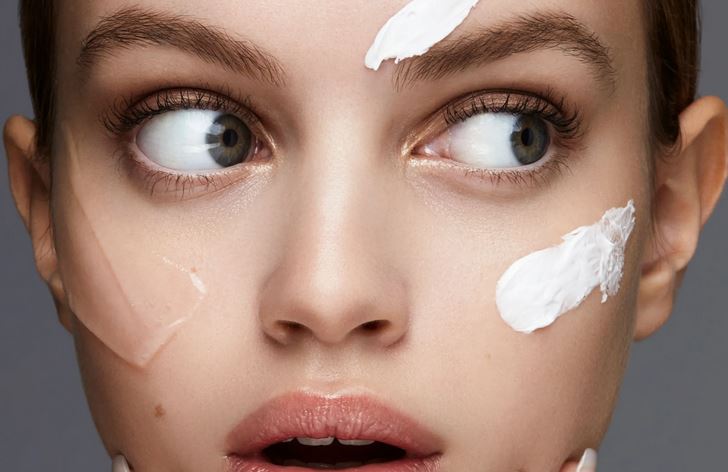
| |
Priming your face before applying makeup is a step that should never be overlooked. While it may seem tempting to skip this extra preparation, using a primer can make a significant difference in the overall look and longevity of your makeup. A good primer acts as a base for your foundation and other products, helping them adhere better to the skin and creating a smooth canvas for flawless application. In this article, we'll explore the importance of priming your face before makeup and the benefits it brings to your beauty routine. 1. Enhances Makeup LongevityOne of the key benefits of using a primer is that it enhances the longevity of your makeup. A primer forms a barrier between your skin and the makeup, preventing it from being absorbed into the skin and helping it stay in place throughout the day. This means that your foundation, blush, eyeshadow, and other products will last longer without smudging, fading, or creasing. Whether you're heading to a long workday or a special event, a primer will ensure that your makeup stays fresh and intact. 2. Smooths and Refines the Skin TextureIf you have uneven skin texture, large pores, or fine lines, a primer can be your best friend. Primers are designed to smooth out the skin's surface, blurring imperfections and creating a more even texture. By filling in the pores and fine lines, a primer creates a seamless base for your foundation, allowing it to glide on smoothly and evenly. This gives your skin a flawless finish and helps your makeup look more polished. 3. Minimizes the Appearance of PoresEnlarged pores can be a common concern, especially in the T-zone area. A good primer can help minimize the appearance of pores, creating a more refined and airbrushed look. Look for primers specifically formulated to address pore size, as they often contain ingredients that help to tighten and blur the appearance of pores. By using a pore-minimizing primer, you can achieve a smoother complexion and a more even makeup application. 4. Controls Excess Oil and ShineIf you have oily or combination skin, a primer can be a game-changer in controlling excess oil and shine throughout the day. Oil-absorbing primers are specifically designed to mattify the skin and create a velvety finish. They help to regulate oil production, preventing your makeup from becoming greasy or melting off. By using a primer, you can maintain a fresh and matte look for longer periods, without the need for frequent touch-ups. 5. Provides a Hydrating Base for Dry SkinOn the other hand, if you have dry or dehydrated skin, a hydrating primer can be your go-to. Hydrating primers are infused with moisturizing ingredients that help to nourish and plump the skin, providing a smooth and hydrated base for makeup application. They prevent your foundation from clinging to dry patches and ensure a more comfortable and moisturized feel throughout the day. FAQs1. Can I use a primer if I have sensitive skin?Yes, you can use a primer even if you have sensitive skin. However, it's important to choose a primer that is specifically formulated for sensitive skin or labeled as hypoallergenic. These primers are typically free of irritants and are designed to be gentle on the skin. Additionally, it's always a good idea to patch-test any new product on a small area of your skin before applying it to your entire face. 2. Do I need to use a separate primer for different areas of my face?It's not necessary to use a separate primer for different areas of your face unless you have specific concerns that require targeted treatment. Most primers are designed to be used on the entire face. However, if you have different concerns in different areas, such as oily skin on the forehead and dry skin on the cheeks, you can choose a primer that addresses both concerns or use different primers strategically in those areas. 3. Can I skip moisturizer if I use a hydrating primer?While a hydrating primer provides some level of hydration, it's still important to use a moisturizer before applying a primer, especially if you have dry skin. Moisturizers nourish the skin, replenish moisture, and create a hydrated base. Allow your moisturizer to fully absorb into the skin before applying the primer for maximum benefit. 4. How do I choose the right primer for my skin type?To choose the right primer for your skin type, consider your specific concerns and needs. If you have oily skin, opt for a mattifying primer. For dry skin, choose a hydrating primer. If you have combination skin, look for a primer that offers a balance between hydration and oil control. Additionally, read product reviews, consult with beauty professionals, and experiment with samples to find a primer that suits your skin type. 5. Can I use a primer without wearing makeup?Yes, you can absolutely use a primer even if you're not wearing makeup. Primers can be used on their own to provide a smooth and polished look to the skin. They can also be used as a base for tinted moisturizers or sheer coverage products for a natural and effortless appearance. Even without makeup, a primer can enhance the look and texture of your skin. ConclusionPriming your face before applying makeup is an essential step in achieving a flawless and long-lasting look. By using a primer, you enhance the longevity of your makeup, create a smooth and refined texture, and address specific skin concerns. Whether you're dealing with oily skin, large pores, or dryness, there's a primer out there for you. Incorporate this important step into your beauty routine, and you'll notice a significant difference in the overall finish and wear of your makeup. | |
| Category: Makeup | |
| Total comments: 0 | |
 |
| A beginner's guide to meditation and mindfulness |
 |
| Impact of fashion on culture and society |
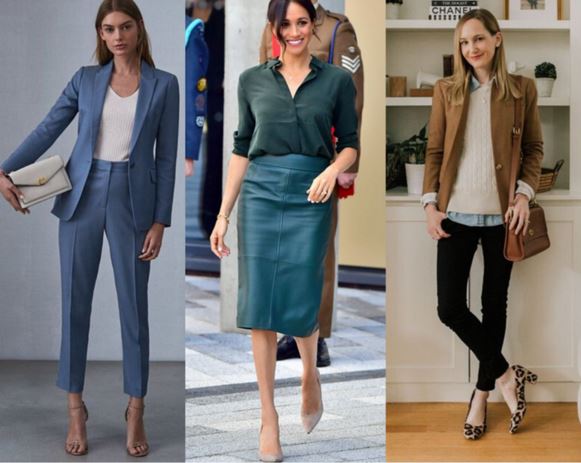 |
| Tips for achieving a polished and professional look |
 |
| The Secrets to Long and Healthy Hair: Length Retention Tips |
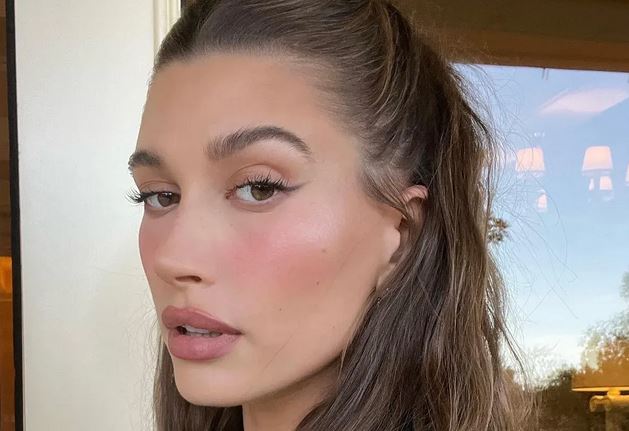 |
| How to Choose the Right Blush for a Natural Flush |
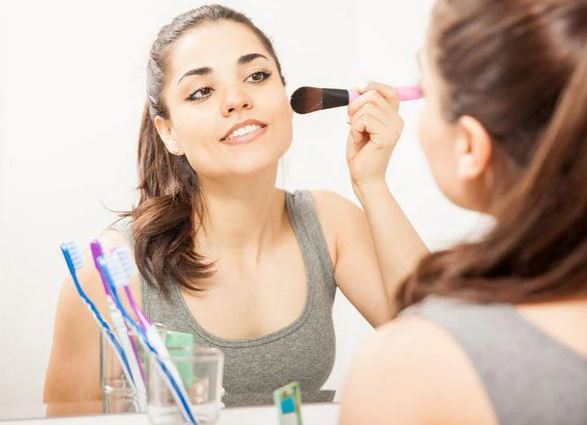 |
| 5-minute Makeup Routine for Busy Mornings |
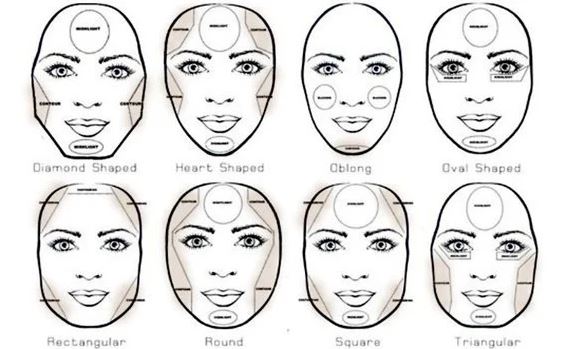 |
| The Best Makeup Looks for Different Face Shapes |
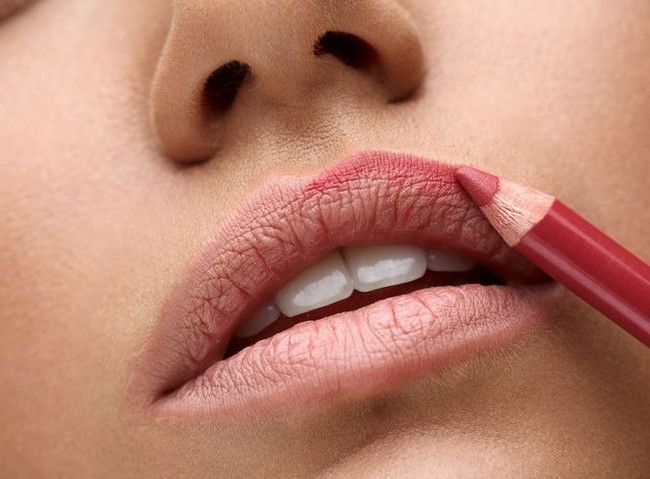 |
| The Ultimate Guide to Lip Liner Application |
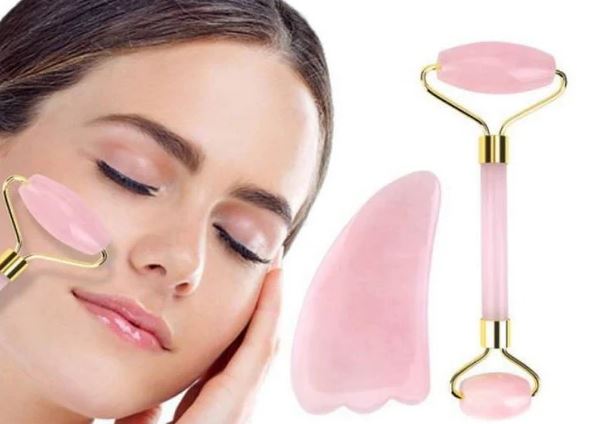 |
| How to choose Facial Massagers |
